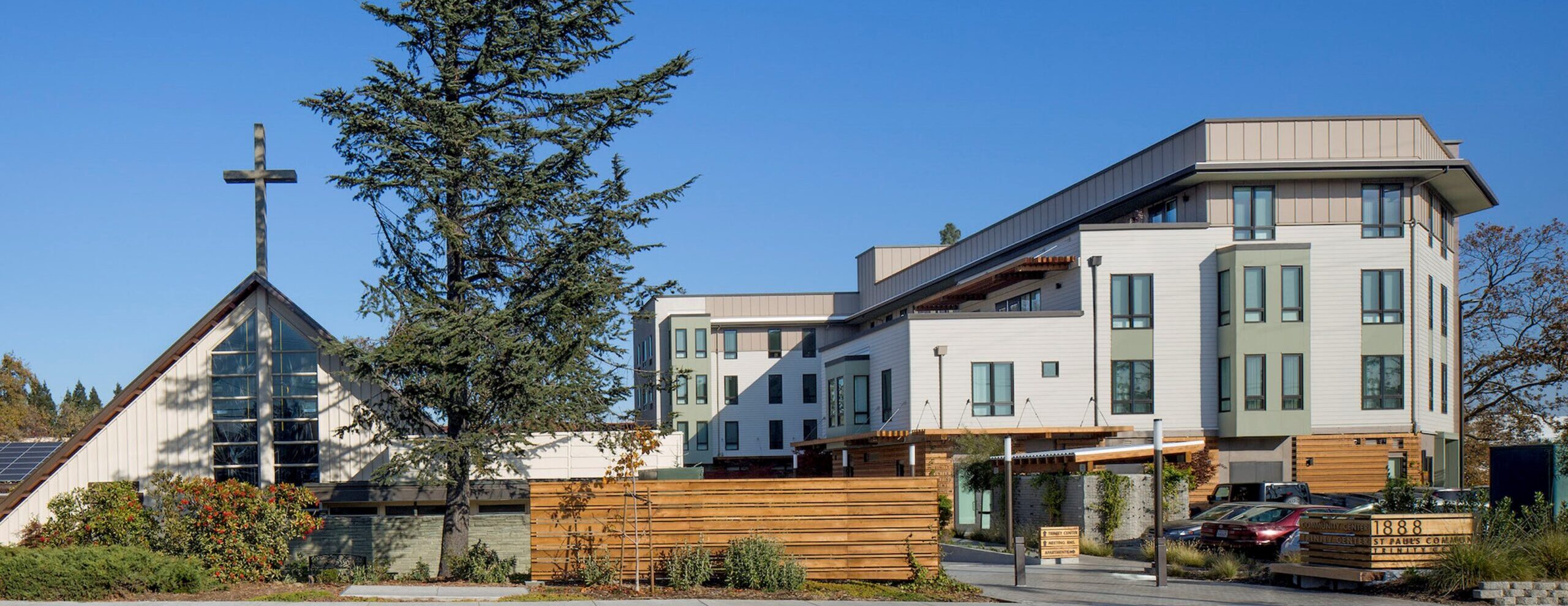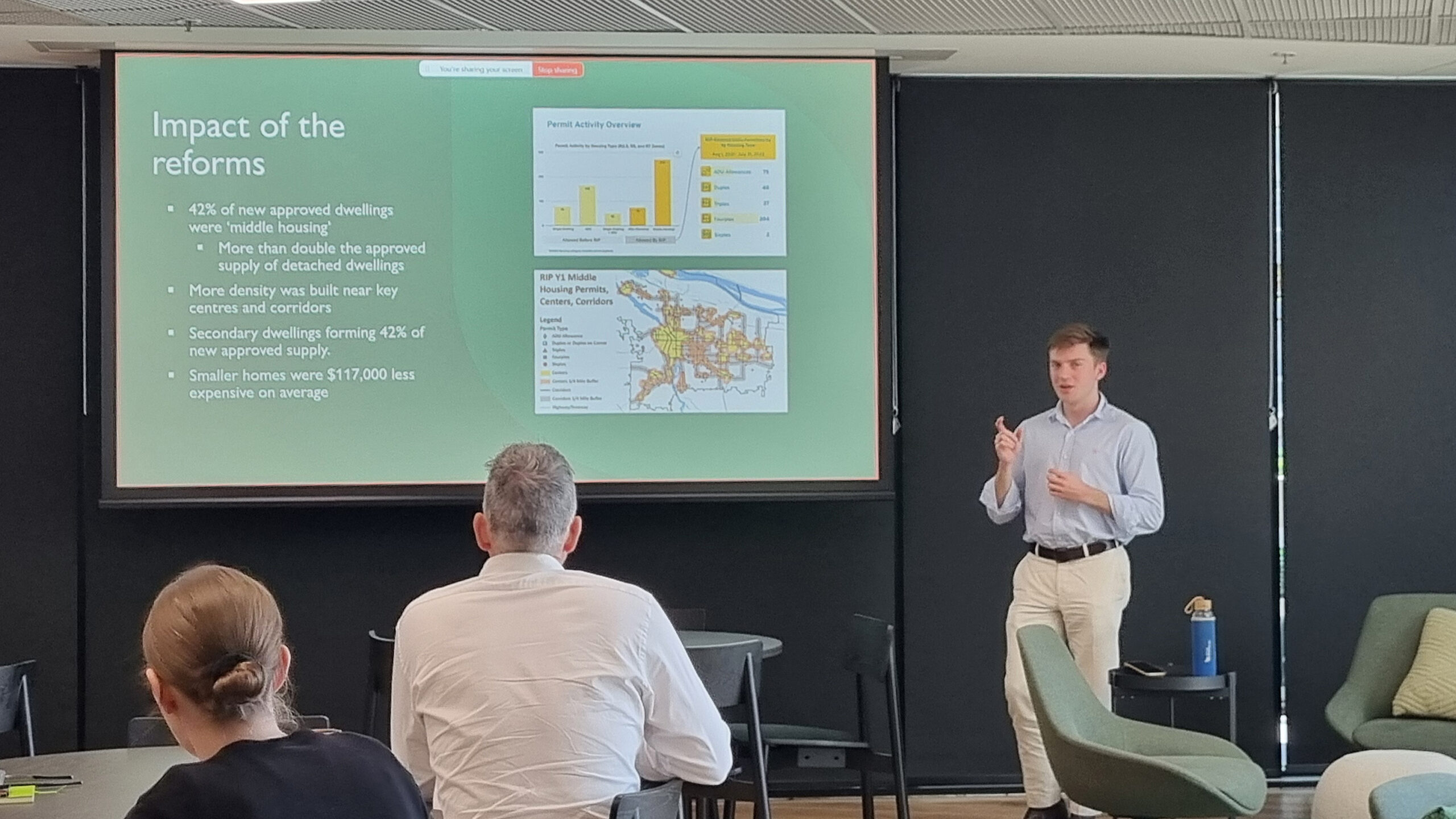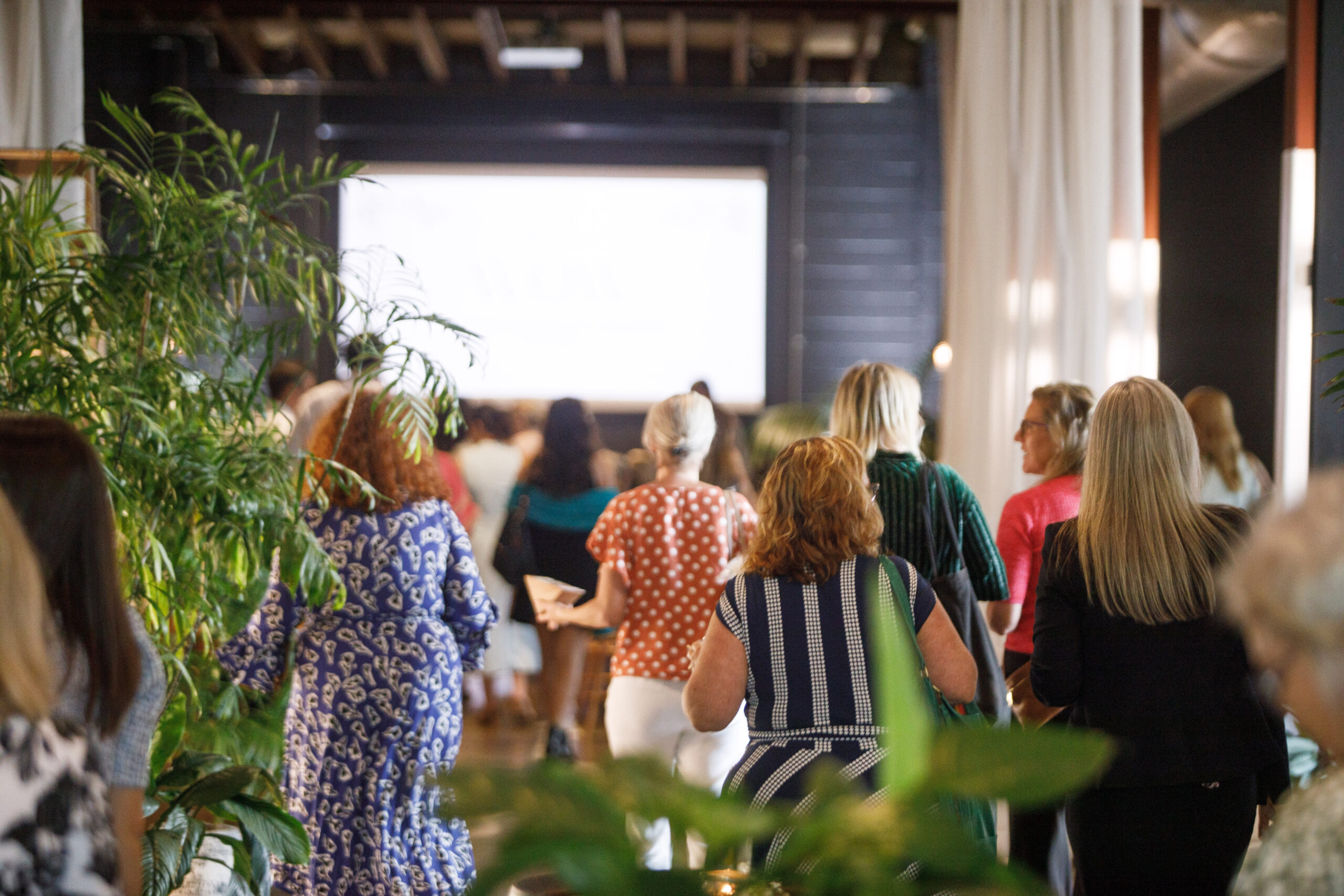Why I Believe Housing Should Be a Human Right — And What We Can Do About It
I’ve always believed that housing is a human right. Maslow’s hierarchy of needs places shelter right at the base, alongside food and water — the essentials for survival. And in the international human rights framework, housing is clearly recognized as part of an adequate standard of living.
But here in Australia, that recognition hasn’t made its way into our laws.
Our Constitution only acknowledges five rights: the right to vote, a fair trial, to acquire property, freedom of religion, and freedom from discrimination. Queensland’s Human Rights Act goes a bit further — protecting our rights to privacy, health services, education, and freedom of expression — but still, not the basic right to a roof over our heads
Why is that?
Maybe it’s because our housing crisis has become so normalised, it’s barely news anymore. When you hear that social housing stock has barely grown in 20 years while our population has increased by 33%, or that the proportion of social housing has halved in the last decade — it’s hard not to feel disheartened.
Yes, it’s a wicked problem. But we’ve solved wicked problems before.
Take education. We value it. In Queensland, about two-thirds of our 10,000 schools are public. But when it comes to housing, public provision is closer to 3% — or less.
We outsourced housing construction to the private sector over 50 years ago. And ironically, we’ve demonised the very people who build our homes.
As a planner with over 25 years of experience — preparing, lodging, assessing, deciding, and even being cross-examined in court over thousands of development applications — I see every day what works and what blocks new housing.
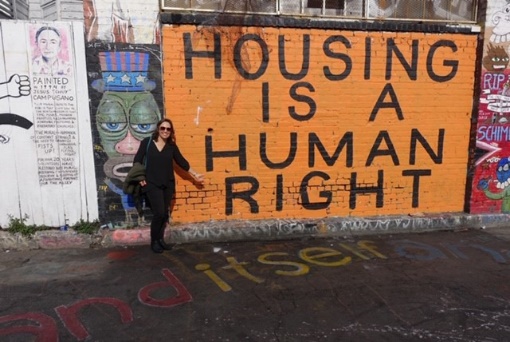
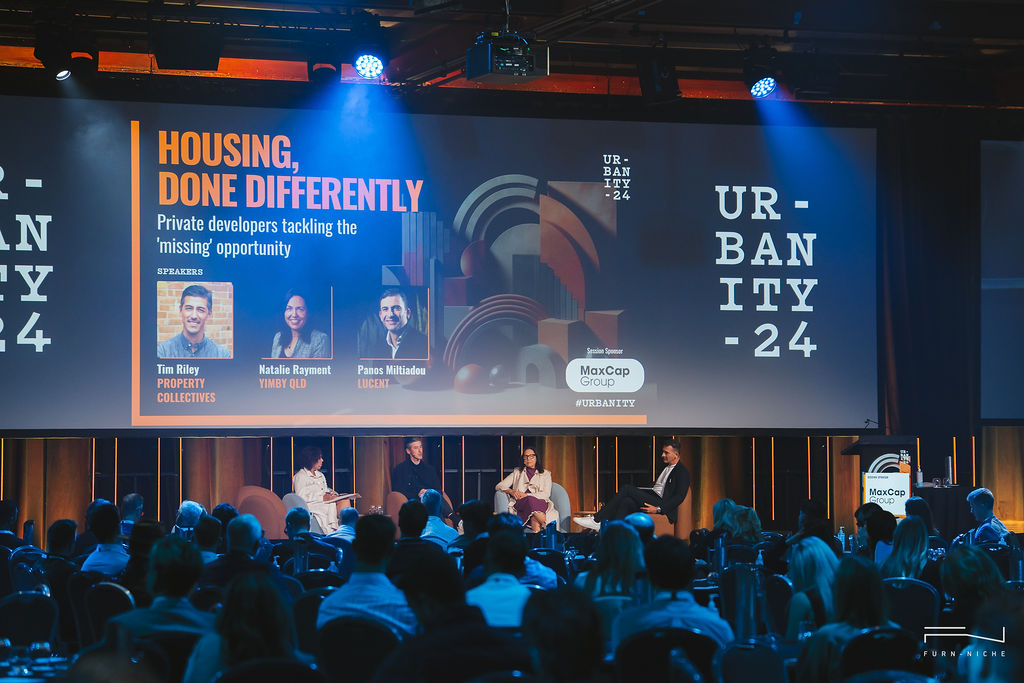

Let me share my own housing journey
When I first left home, I rented — because I couldn’t afford to buy. Eventually, I saved enough for a deposit and bought a one-bedroom apartment, less than 50sqm, with one uncovered car space and no visitor parking. It was close to public transport, shops, and parks. Later, I moved to a townhouse and eventually bought a small house on a tiny lot with two freehold townhouses out the back.
But today? That same apartment block would be limited to two storeys because of a neighbouring house. It would need double the car parking, reducing the number of units and making the project financially unviable. Townhouses were banned in Brisbane’s low-density neighbourhoods in 2019. And that small lot would now need to be 25% larger — meaning fewer homes and higher prices.
All my stepping stones into home ownership have been systematically banned, removed, or upsized through planning reforms driven by NIMBY (Not in My Back Yard) lobbying and exclusionary planning. People who say they support more housing — just not near them.
That frustration led me to co-found YIMBY (Yes in My Back Yard) Qld. We advocate for more housing, more types of housing, and the services that support the lifestyles we aspire to. So yes, I want housing to be a human right — enshrined in law. But I also want policymakers to recognise that planning is part of the problem, and it can be part of the solution.
Here’s what I want
- An Australia where no one is homeless.
- More investment in social and affordable housing.
- Planning systems that don’t block the homes we need — across the entire housing continuum.
- The return of townhouses and other “missing middle” housing in every neighbourhood — with form-based codes that focus on design and liveability, not rigid land use definitions.
- A more risk-tolerant planning approach — one that doesn’t pile on requirements that satisfy a few but marginalise many. Like car parking: every extra space can add $80k to the cost of an apartment, often sitting vacant or used as overpriced storage.
- I want “developer” and “density” to stop being dirty words.
- I want to live in a society that celebrates new housing — where a development sign sparks excitement, not fear.
- I want neighbourhoods that support the lifestyles we want — and housing for all.
We can do better. And we must.
If you believe, like I do, that everyone deserves a safe, secure, and affordable place to call home — then let’s work together to make it happen.
- Support YIMBY Qld — Follow us, share our message, and help us advocate for smarter planning and inclusive housing policies.
- Speak Up — Talk to your local representatives. Let them know you support diverse housing options in every neighbourhood.
- Stay Informed — Learn more about how planning decisions affect housing affordability and availability.
- Be a YIMBY — Say “Yes in My Back Yard” to new homes, new neighbours, and vibrant communities.
Together, we can build a future where housing is not just a privilege, but a right — for everyone.



